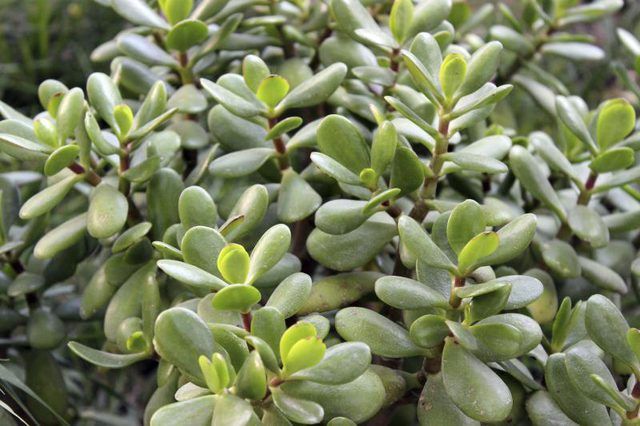Bulbs
Flower Basics
Flower Beds & Specialty Gardens
Flower Garden
Garden Furniture
Garden Gnomes
Garden Seeds
Garden Sheds
Garden Statues
Garden Tools & Supplies
Gardening Basics
Green & Organic
Groundcovers & Vines
Growing Annuals
Growing Basil
Growing Beans
Growing Berries
Growing Blueberries
Growing Cactus
Growing Corn
Growing Cotton
Growing Edibles
Growing Flowers
Growing Garlic
Growing Grapes
Growing Grass
Growing Herbs
Growing Jasmine
Growing Mint
Growing Mushrooms
Orchids
Growing Peanuts
Growing Perennials
Growing Plants
Growing Rosemary
Growing Roses
Growing Strawberries
Growing Sunflowers
Growing Thyme
Growing Tomatoes
Growing Tulips
Growing Vegetables
Herb Basics
Herb Garden
Indoor Growing
Landscaping Basics
Landscaping Patios
Landscaping Plants
Landscaping Shrubs
Landscaping Trees
Landscaping Walks & Pathways
Lawn Basics
Lawn Maintenance
Lawn Mowers
Lawn Ornaments
Lawn Planting
Lawn Tools
Outdoor Growing
Overall Landscape Planning
Pests, Weeds & Problems
Plant Basics
Rock Garden
Rose Garden
Shrubs
Soil
Specialty Gardens
Trees
Vegetable Garden
Yard Maintenance
Are Jade Plants Poisonous?
Are Jade Plants Poisonous?. With a lovely common name and shiny pillows of bright leaves, the succulent jade plant inspires admiration. But jade plants (Crassula ovata or Crassula argentea) can be toxic. Kids and grand-kids -- and other humans -- eating or touching these plants might suffer ill effects, and pets should also be kept a safe distance...

With a lovely common name and shiny pillows of bright leaves, the succulent jade plant inspires admiration. But jade plants (Crassula ovata or Crassula argentea) can be toxic. Kids and grand-kids -- and other humans -- eating or touching these plants might suffer ill effects, and pets should also be kept a safe distance away.
Lovely, but Toxic
The lovely jade plant, a South African native, is very popular in the U.S. as an indoor container plant or an outdoor shrub in U.S. Department of Agriculture plant hardiness zones 11 through 12. It is a broadleaf evergreen with fleshy, water-storing leaves, and can grow to 6 feet tall with appropriate care, well-draining soil and a sunny location. But take care when you touch this low-maintenance succulent, and never eat it.
Minor Toxicity for Humans and Pets
Don't work "death by jade plant" into your next murder mystery plot. These garden gems are only mildly toxic to humans if eaten, according to experts at the University of California, causing minor health issues like diarrhea and vomiting. Touching the plant -- sap, juice or thorns -- may lead to itching and burning skin for some. Dogs and cats ingesting the jade plant also suffer from vomiting, as well as depression. Any person or animal suffering such symptoms should be taken immediately to see a health care provider.